Novum Novum Organum Organum++
Ok kids, we're going to refactor all of the modern education system. Who wants to go first?
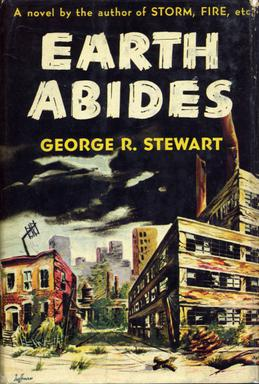
I don't follow a lot of famous people on Twitter – the signal-to-self-aggrandizement level seems unworkable – but last week a famous sci-fi author I follow recommended the 1951 book "Earth Abides"
The premise from 1951 was interesting for the time and well-done: what would happen if everybody just disappeared? Perhaps they died, perhaps they were abducted. No zombies. No endless stream of oddly-dysfunctional and more and more ludicrous social groups like on "The Walking Dead" Just you and say a few other males and females. What would happen to the world and human society? How would you start over?
In Daniel Defoe's "Robinson Crusoe" and much for the same reason Mark Twain's "A Connecticut Yankee in King Arthur's Court" the answer is industry and creative problem-solving. After all, that's the fun of these books. How are you going to "fix" things?

George R. Stewart's Earth Abides calls bullshit on all of that, and I think for good reason. Modern life is full of so many things: millions of complex products and concepts. What chance would the average small group of humans have to recreate everything? Instead, they would probably just revert to a hunger-gatherer lifestyle, hunting and gathering leftovers from the previous civilization instead of building the next Oxford University.
At some point, however, as decades and decades pass and dozens of new humans arrive, you're going to have to address the failure of all of this complex stuff you have been harvesting. So how do you organize gathering and teaching all of this information, about, well, everything, to the next generation? If you were creating a university completely from scratch, without using anything that had gone before, how would you organize the departments and classes?

Aristotle was the first guy who did this and it stuck with his "Organon" People used a lot of Aristotle's ideas for almost 2,000 years. Finally, however, Francis Bacon decided that grouping wasn't working any more, so he wrote "Novum Organum" The full title was Novum Organum, sive Indicia Vera de Interpretatione Naturae ("New organon, or true directions concerning the interpretation of nature") or Instaurationis Magnae, Pars II ("Part II of The Great Instauration")
Hey, you gotta have guts if you want to organize life, the universe, and everything. Not something for shy people.
It's been about 500 years. How would I go about doing it a third time?
Why The Hell Not?
Organizing everything in the universe can make your head hurt. I decided on two strategies:
- Focus on things you can see people doing.
- Focus on categories people get mixed up.
- Make the minimum number of things possible.
- The "interesting" or real grouping is where the first two items intersect. Without tension between conflicting values, there's nothing to teach. It's just rote memorization.
What Kinds Of Things Do People Get Mixed Up?
People misunderstand the social nature of knowledge. They misunderstand the role of language, of trade. They confuse abstract ideas with concrete ones. They don't look at existence as something our species keeps evolving into, instead thinking that somehow we've "solved it all" (or that we might one day "solve it all")
Here's my first stab at meeting these requirements.
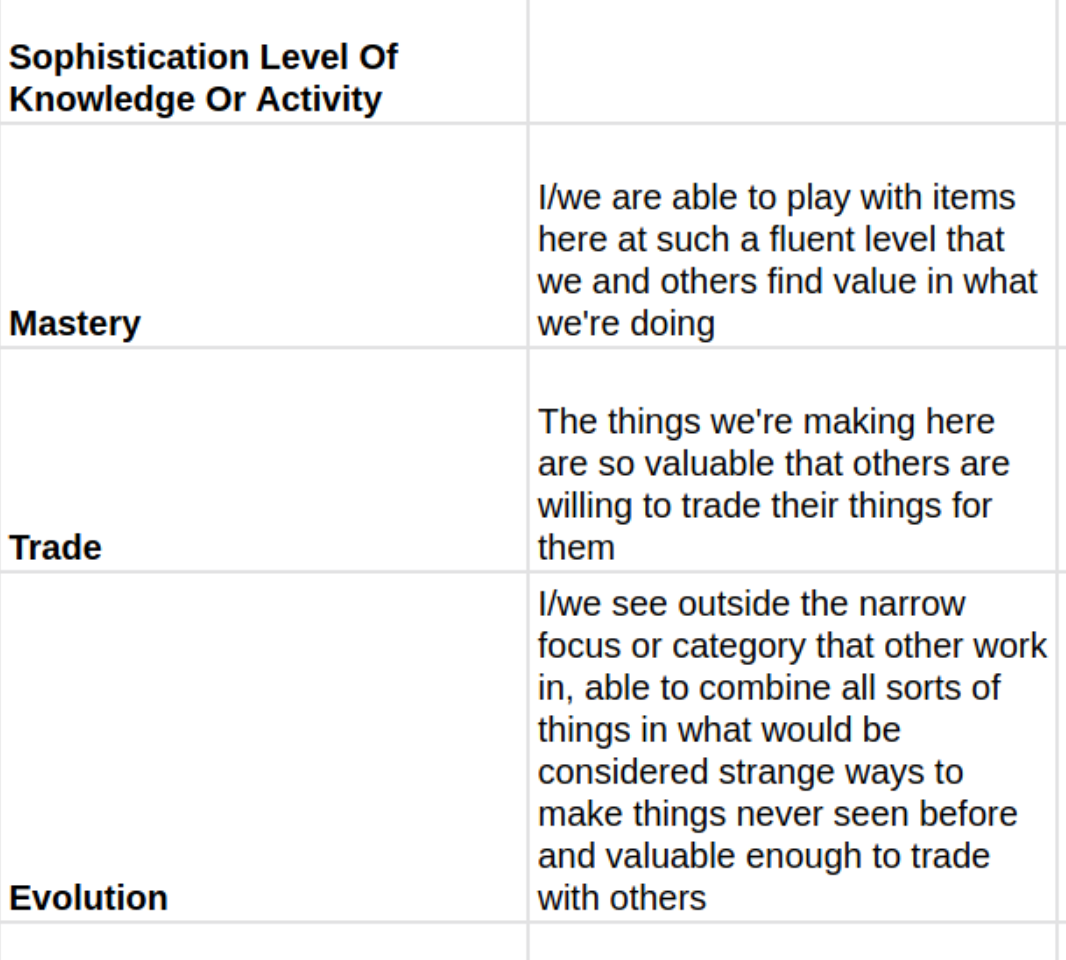
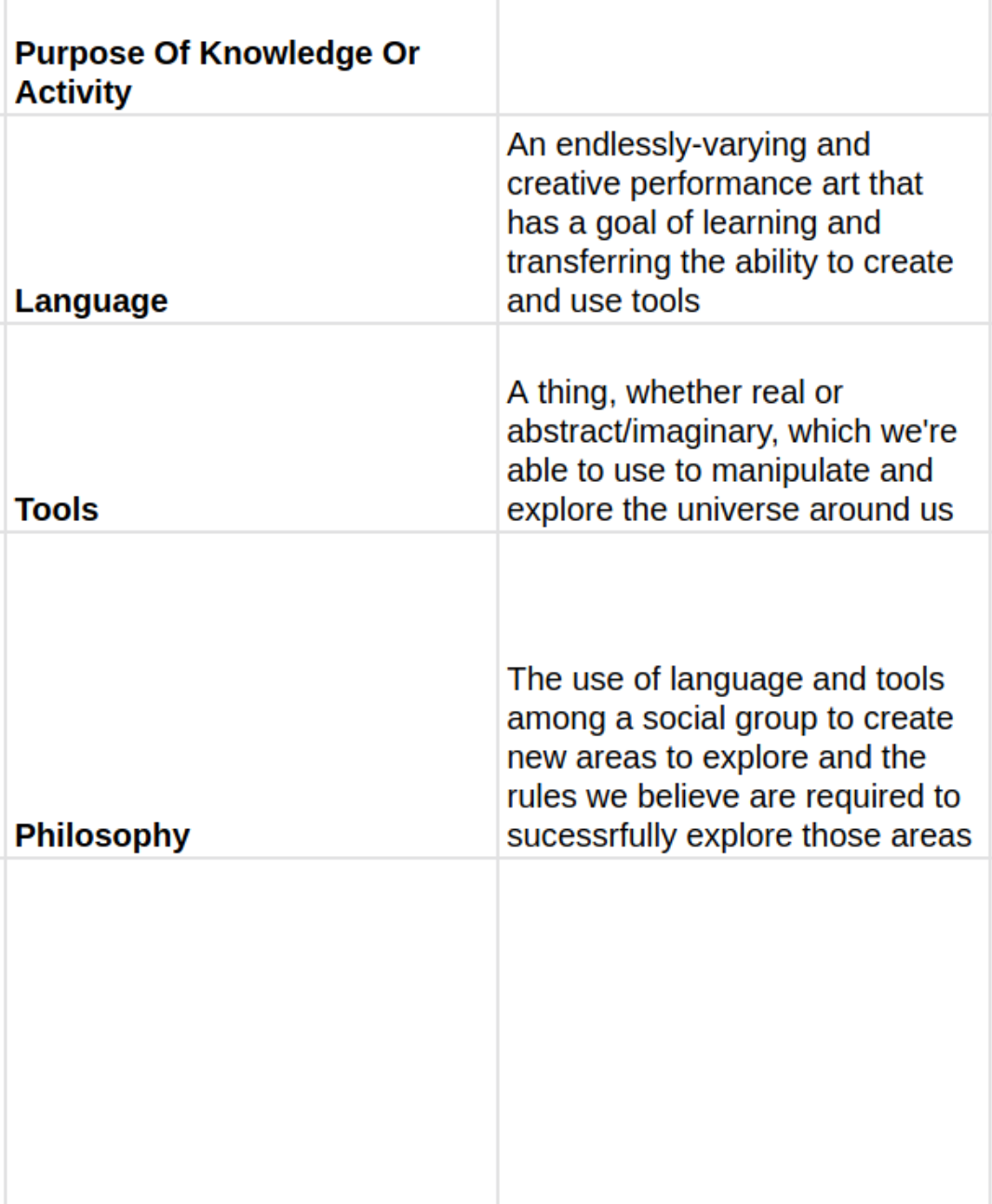
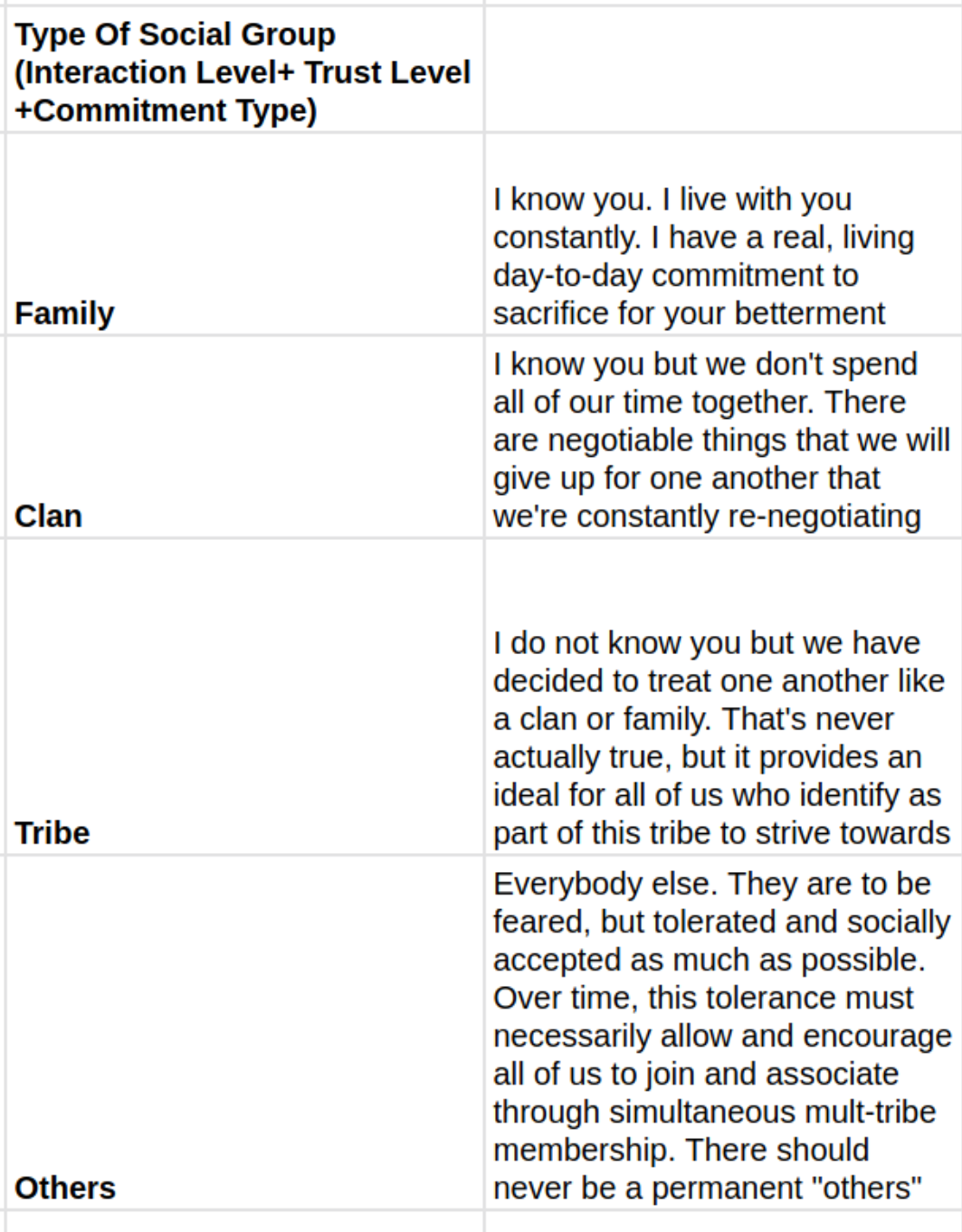
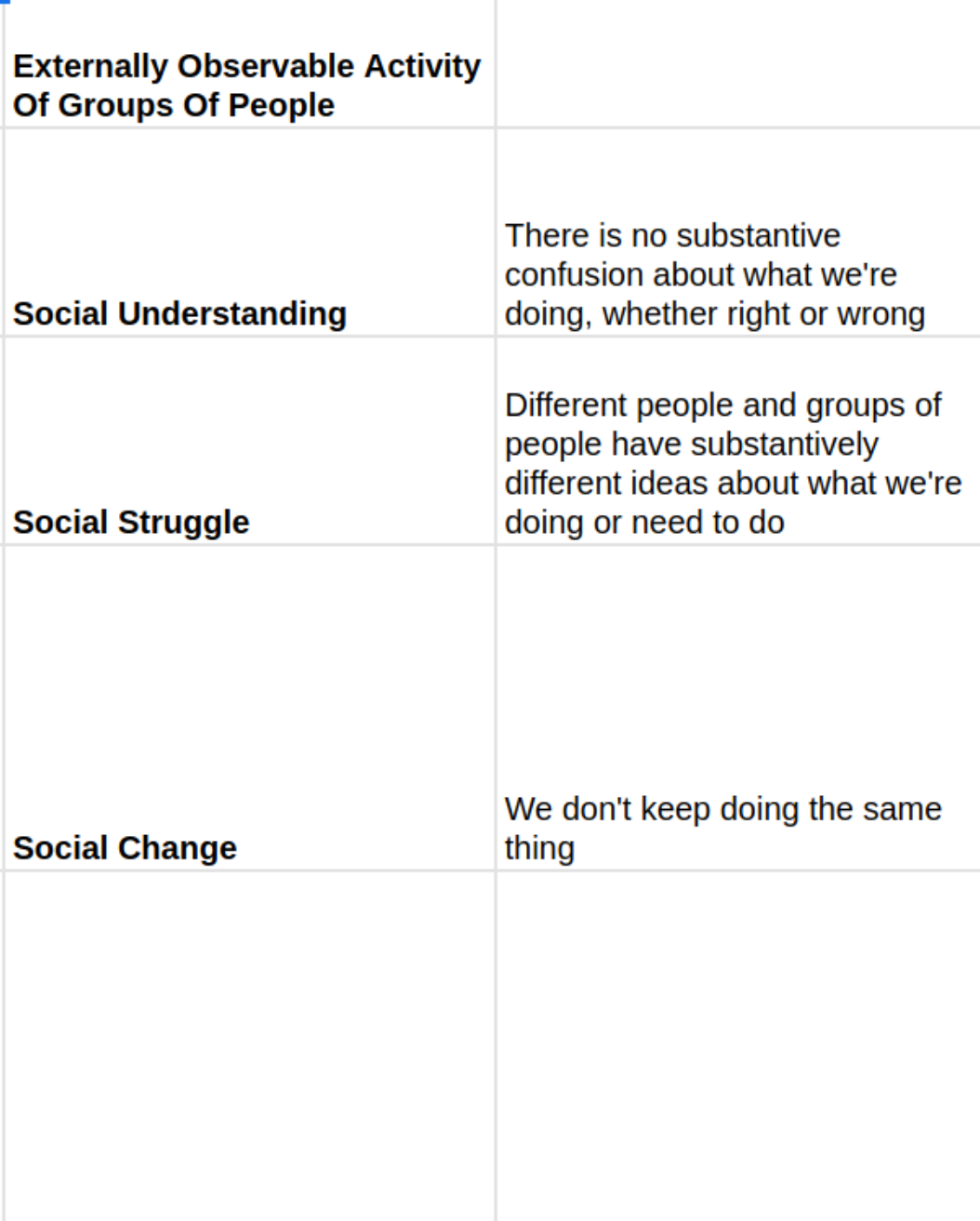

That's 13 tags, creating a 7x6 array of possible value conflicts. 42 areas of study.
I knew it!!
There's also extremely interesting conversations to be had when one cell is in conflict with another. That's 1722 "interdisciplinary" working areas. That should be enough complexity for anybody!
But what about the classic areas of study, history, math, biology, and so forth? All of that is still there, and you might even want to keep those "umbrella" topics around and use the grid as a way to dive into each one. The point is that I believe this to be the minimum amount of complexity, not that you couldn't add more or cross-cut things on top of it.
That was fun! It was a nice way to do a book review and cross-reference what I've been thinking about with a bunch of other books and ideas.
It's the Novum Novum Organum Organum++


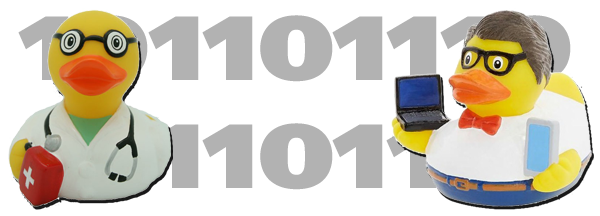
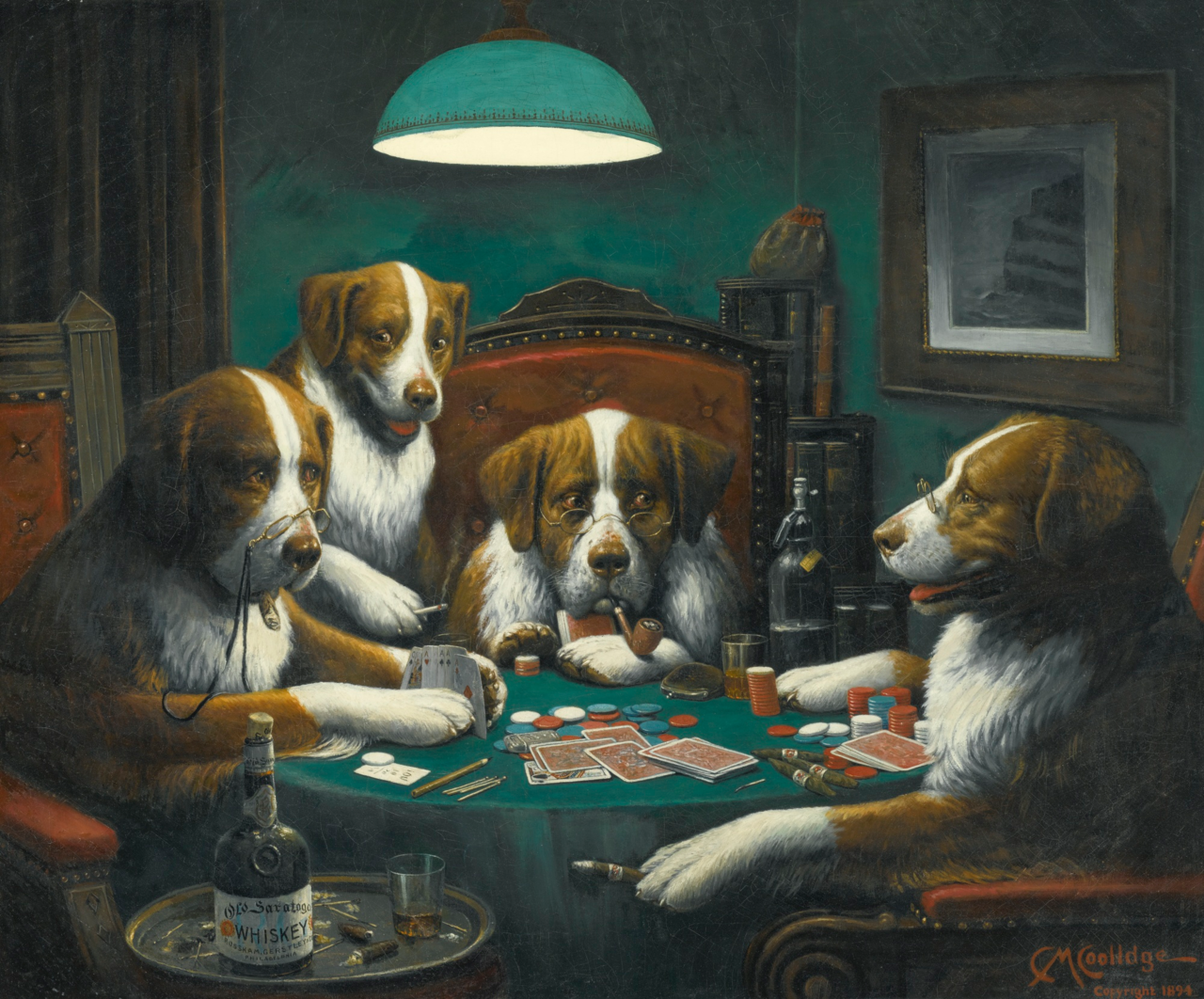
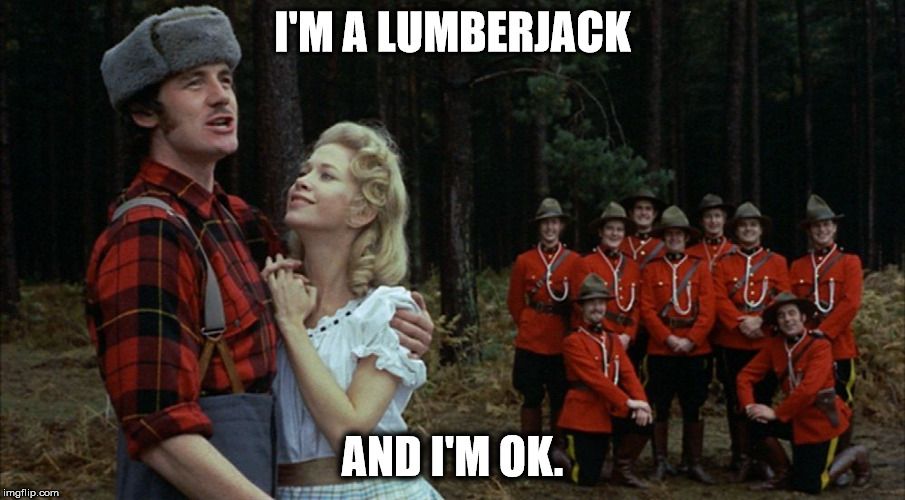
Comments ()